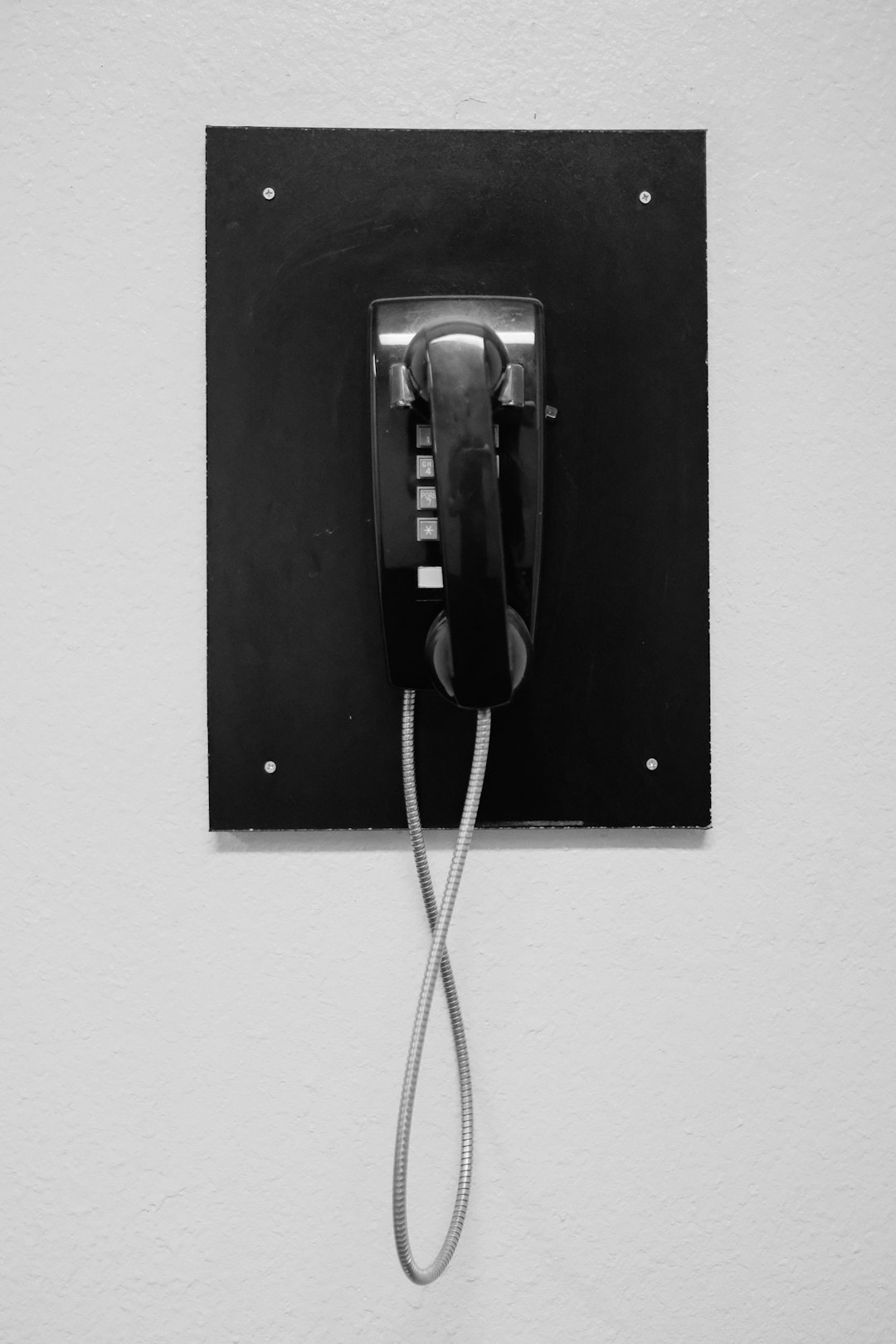In New York City, the Debt Collector Laws are stringent, mirroring federal FDCPA guidelines, to protect consumers from harassment and unfair practices. These laws regulate communication methods, contact times, and language used by collectors, offering debtors rights like debt validation and contacting restrictions. Violations can lead to penalties and reputational damage for collection agencies, while consumers benefit from enhanced protection and fair collection procedures. The Attorney General's Office enforces these rules, investigating complaints and deterring violators through fines, legal fees, and even criminal charges.
“In the bustling metropolis of New York City, understanding the city’s debt collector harassment rules is crucial for both creditors and debtors. This article guides you through the intricate details of NYC’s debt collection regulations, focusing on what behaviors are prohibited, the rights of debtors, and the consequences for violators. By delving into these laws, folks can ensure fair practices while navigating the complex financial landscape. Remember that knowledge is power, especially when it comes to protecting your rights in terms of debt collector laws NYC.”
Understanding NYC Debt Collector Harassment Laws

In New York City, debt collector harassment is strictly regulated by a series of laws designed to protect consumers from unfair and aggressive collection practices. The primary piece of legislation governing this area is the New York City Consumer Debt Collection Practices Act, which mirrors federal regulations under the Fair Debt Collection Practices Act (FDCPA). These laws outline specific do’s and don’ts for debt collectors, including restrictions on communication methods, times of day they can contact you, and overall tone and language used during interactions.
Understanding these NYC debt collector laws is crucial for both consumers and debt collection agencies alike. Consumers must know their rights, such as the right to request validation of the debt and to stop further contact from collectors. Debt collectors, on the other hand, must adhere to strict guidelines to avoid violating these laws, which can lead to significant penalties and damage to their reputation.
What Behaviors are Prohibited?

Debt collector harassment is a significant concern, and New York City has implemented strict laws to protect residents from abusive practices. According to the NYC debt collector laws, collectors cannot engage in any behavior that is considered offensive, disturbing, or threatening. This includes repeated phone calls with abusive language, using obscenities, or making false statements about the consumer’s debt. Additionally, they are prohibited from contacting individuals at inappropriate times, such as before 7 am or after 9 pm, except in cases of an emergency.
Prohibited actions also extend to the use of threatening or coercive language, misleading information, and unfair practices like misrepresenting the amount owed or the consequences of non-payment. Debt collectors must adhere to fair collection procedures, ensuring transparency and accuracy throughout the process. They are required to verify the debt and provide valid documentation when requested by the consumer, ensuring a lawful and respectful interaction.
Rights of Debtors Under These Rules

Under the new York City debt collector harassment rules, debtors have several rights that are designed to protect them from unfair and aggressive collection practices. First, they have the right to be treated with dignity and respect at all times. Debt collectors must refrain from using abusive, threatening, or harassing language when communicating with debtors. This includes making repeated phone calls in a short period, using obscene gestures or language, or attempting to intimidate individuals through any means.
Additionally, debtors are entitled to specific information regarding the debt they owe and the collection process. They have the right to request validation of the debt, meaning the collector must provide proof that the debt is legitimate and outline the amount owed. Debtors can also demand that communications be conducted in a clear and straightforward manner, ensuring they fully understand their rights and obligations. These laws aim to strike a balance between recovering debts and upholding the rights of those who owe them.
Consequences and Enforcement of the Laws

In New York City, violations of debt collection laws can result in severe consequences for collectors and agencies alike. The New York State Attorney General’s Office actively enforces these regulations to protect consumers from aggressive or unfair practices. Fines, legal fees, and even criminal charges are potential outcomes for those who break the rules, emphasizing the importance of adhering to the strict guidelines.
Enforcement mechanisms include consumer complaints, which prompt investigations, and court actions initiated by regulatory bodies. The Attorney General’s Office has the power to issue cease-and-desist orders, impose penalties, and seek injunctions against violators. These measures aim to deter harassment, ensure fair debt collection practices, and provide recourse for affected individuals in NYC.






